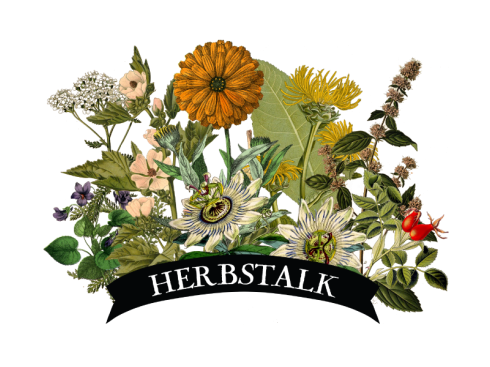|
by Mischa Schuler Wild Carrot came to me through a series of events that startles me when I am reminded of them. At the New England Women’s Herbal Conference ten years ago – upon each woman’s name tag, along with her name and the place she considers home, there was written the name of a plant. This is a sweet ice breaker – women are invited to find and introduce themselves to other conference participants bearing the same plant name. While sitting in on a mushroom class taught by Nancy Scarzello, I looked down at my name tag reading “Wild Carrot”, and suddenly broke into tears knowing that this would be the name of my herbal practice. I didn’t understand what was happening – I excused myself and walked through the vendor tent, which was mostly empty at the time and stumbled across Robin Rose Bennett’s booklet Wild Carrot (Daucus carota): A Plant for Conscious, Natural Contraception. I read the entire booklet and then left it on her table, too shocked to even think to purchase it. It took me nearly a year to muster the courage to call Robin to learn more about Carrot and her experiences with it. I wanted to know if Carrot was a plant for every woman. Since that time, I have heard many stories engaging Carrot: many women have used Carrot successfully for years as a contraceptive, some women have been deeply disappointed by an unexpected pregnancy using Carrot, some women have had healthy babies who were exposed to Carrot in utero. For those interested in Wild Carrot as contraception, a summary of the 2010 Wild Carrot study can be found here. Carrot has since become an ally in my practice for supporting women with low thyroid levels (with Black Walnut); and recently as a galactagogue and carminative. And I am beginning to think of her as a potential ally in supporting fertility. (Robin had mentioned this in her practice – however, with different timing than when thinking of Carrot as a contraceptive.) As with all parts of our Lives which we Love and are passionate about, there is always more to uncover, discover and explore. I think about Carrot frequently, often in the form of questions: “how can she support so many different phases of a woman’s Life?” She has so many connections to the hypothalamus – pituitary – adrenal axis. What may seem contradictory – support of both conception and contraception – is extraordinary. I hypothesize when I suggest that Carrot’s conception enhancing and contraception enhancing capabilities in the body are related to whether she is ingested before or after ovulation. How might Carrot support fertility? Some women observe increased cervical mucous when using Carrot before ovulation (the follicular phase of the reproductive cycle). Elevated estrogens increase cervical mucous which provides a safe passage for traveling sperm. Might Carrot work to appropriately support estrogen levels and libido during the follicular phase before ovulation? How might Carrot support contraception? The hypothalamus packages hormonal information in specifically timed and regulated pulses into the blood stream. After ovulation (the luteal phase of the reproductive cycle), progesterone levels are elevated in anticipation of conception. Pulsing a dose of Carrot eight hours after intercourse (not before this time window) may increase relative progesterone levels. With no additional immediate pulse of Carrot, the body may experience a relative drop in progesterone when Carrot is withdrawn, translating in the body as a poor time for an embryo to implant in the uterine lining. Because a fertilized egg may be traveling for 24 hours before arriving in the uterus, it is recommended to pulse Carrot up to two more additional times, at eight hour intervals. Might this be how Carrot behaves as an implantation inhibitor? I am still gathering information – anecdotal, folkloric, studies, research. I am fascinated by Wild Carrot and her ability to support a woman in maintaining her wildness. Fertility is very intimate and profound; may women always hold the knowledge and wisdom to support their own needs and desires in this regard.  Mischa Schuler is a community herbalist and fertility awareness practitioner in Portland, Maine. She loves reproductive health and supporting women and children with plant medicine. She studied herbal medicine at the Tai Sophia Institute and feels grateful to have apprenticed with Deb Soule at Avena Botanicals for a very magical growing season. She teaches classes locally through Portland Adult Education, Justice in the Body, and in her kitchen. Comments are closed.
|
Archives
November 2023
Categories
All
|

 RSS Feed
RSS Feed